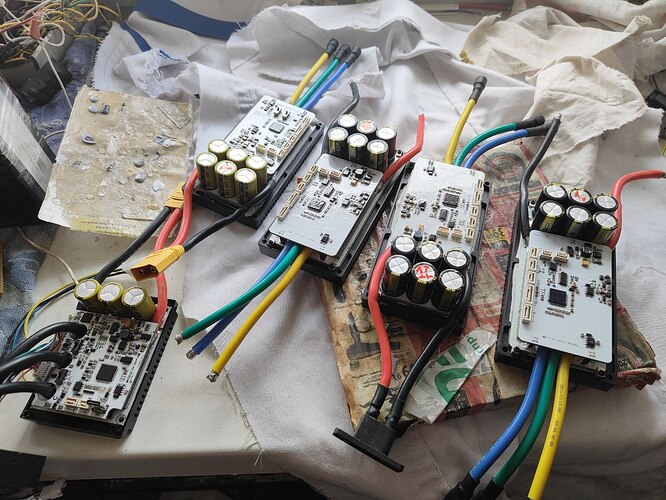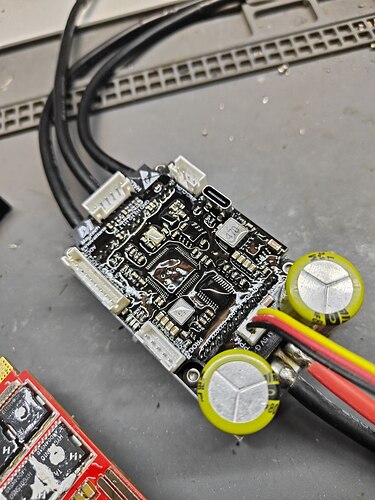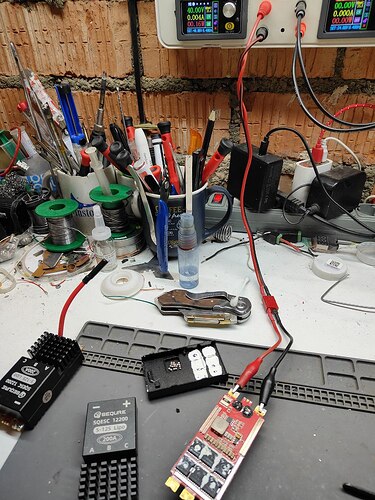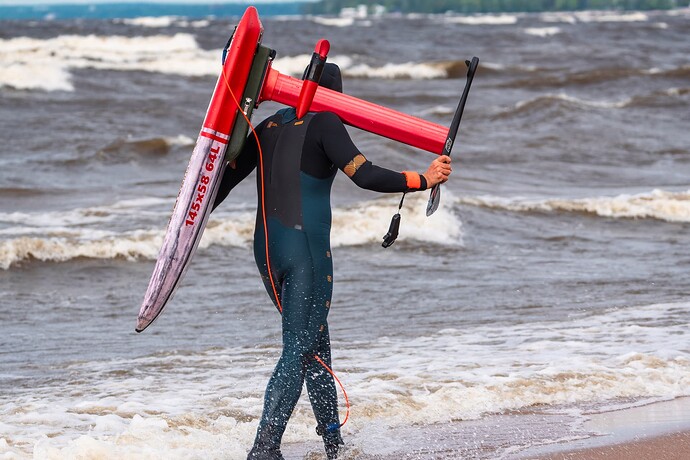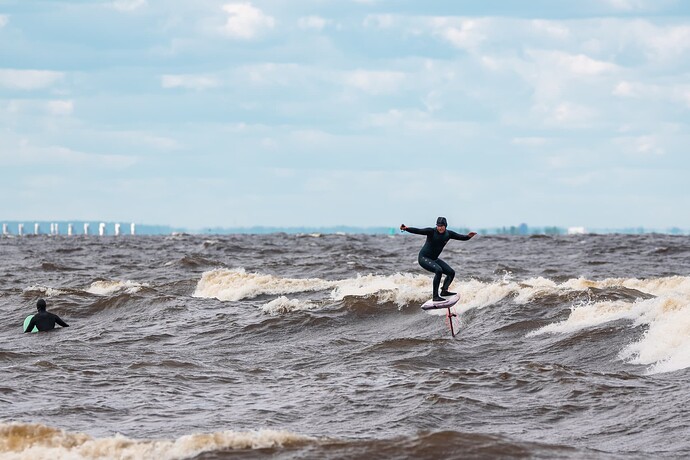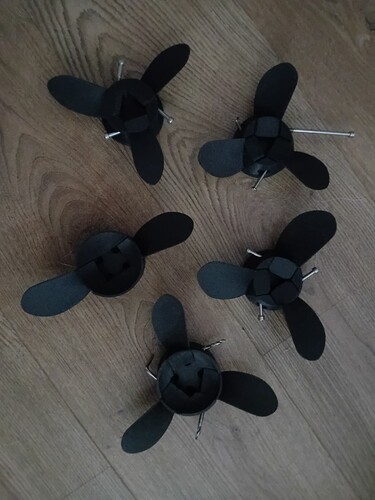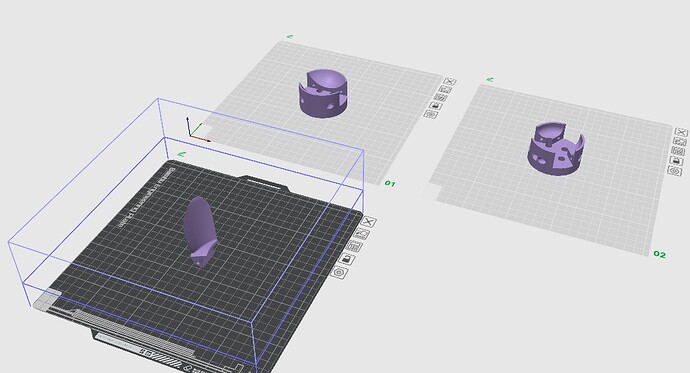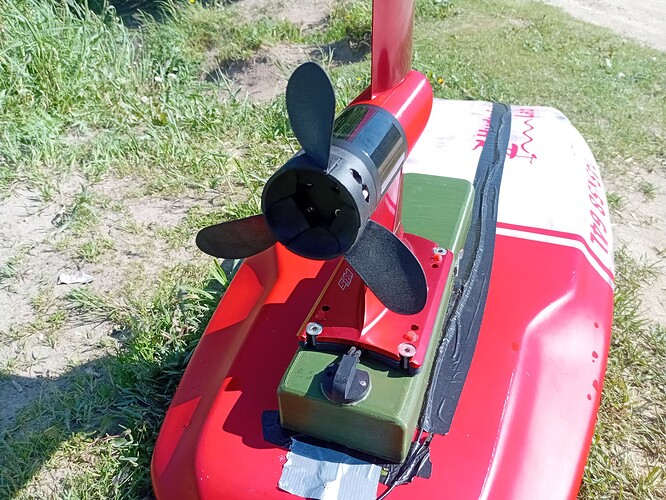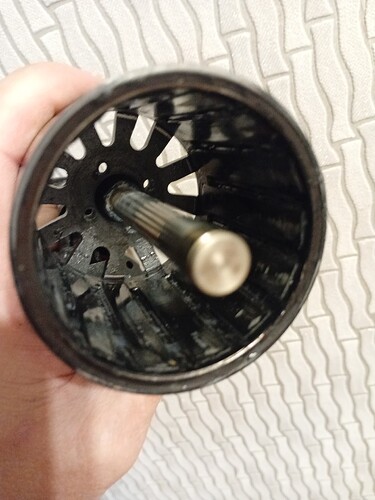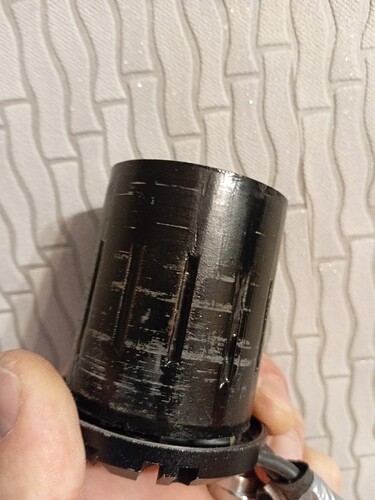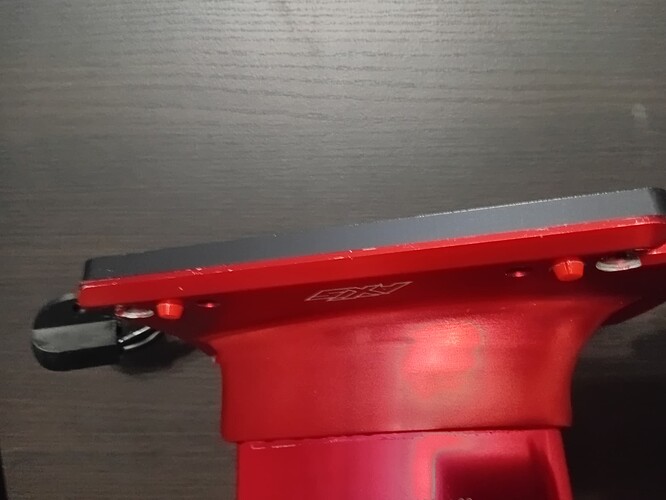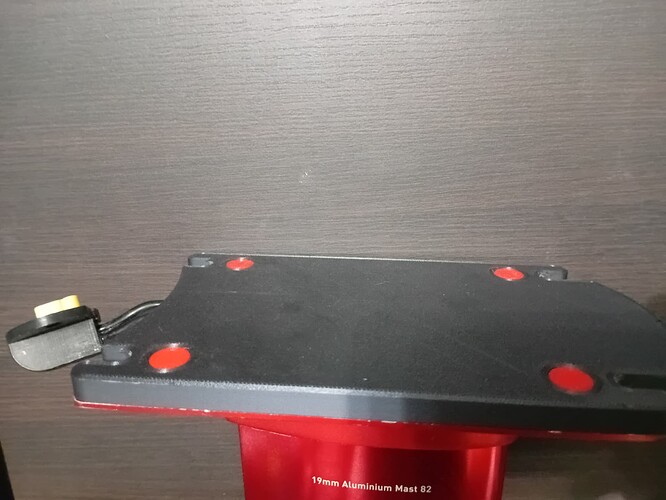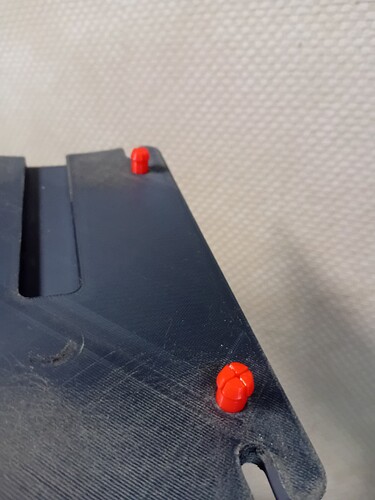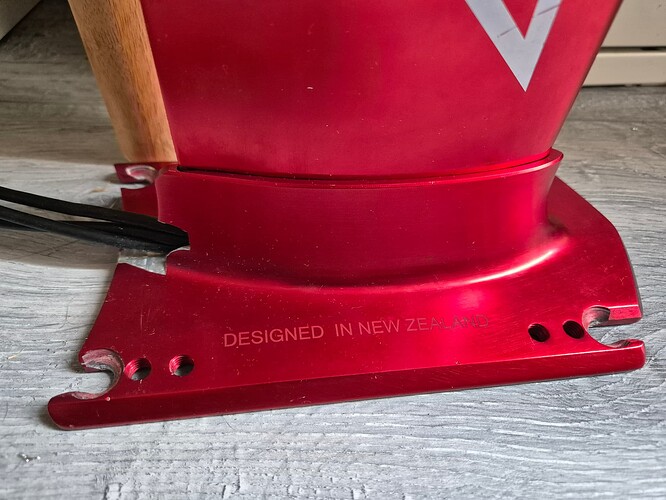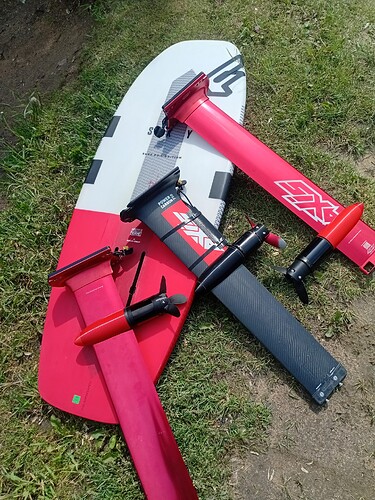Its probably the prop. I have std ceramic bearings but a balanced prop so the bearig have been fine. I also dont remove the rotor to wash, instead I just stick it in fresh water and run it.
I used milled blades and the finish looked pretty clean. Will have to check the balance.
Do you have plans for the hull ?
Also love that connector but I don’t recognize that config. Looks like an MR60 with a nice gasket in a commercial housing. See print lines on a later photo though. Is that your design as well?
Would absolutely love to hear about that and the battery connector too. No rush if that’s part our DM chat already though. Just impressed with your stuff ![]()
Made some props. Time to test!
The interlayer adhesion strength of PPA-CF allows printing vertically oriented blades.
I tried the largest three-bladed prop. For some reason it looked like Propellerking. How it happened - I have no idea) What I liked most is that the hub can be removed without unscrewing the blades. There is probably too much power, I’m afraid the controller will start to overheat in hot weather. I need to experiment with the size.
I took apart the Saite motor to replace the bearings. It worked three times longer than the Flipsky. And here’s what it looks like. By the way, it worked on the same props as the Flipsky, so the version about unbalanced blades will have to be rejected.
How, the bell shape and screw spacing is completely different?
The bases are different, but the blades are the same. Also, I didn’t feel any vibrations when I first started it. I think the problem is in the bearings and the epoxy. Flipsky has a regular transparent epoxy. I got another brand new Flipsky motor, I’ll ride it for a couple of weeks and open it up to see if it’s a systemic problem.
I made this platform for an integrated mast. Quick-release clips made of Tpu. Easy to install and quickly removed for maintenance. If anyone is interested, write your email in private messages and I will share the models.
A good option if you don’t want to buy a new set of screws +10 mm
Would love to know where you landed on materials for sealing off the esc and other electronics, as well as for potting the batteries.
Currently I’ve landed on expensive potting epoxy for the batteries (peace of mind). And a combination of rtv and other silicones for the electronics to save costs and be serviceable. Maybe conformal coating them first too if that’s not overkill.
I am not a big expert in sealing. I prefer silicone compound designed for sealing junction boxes. I had a not very successful experience with epoxy resin. Cracks appeared and I had to literally smash the battery with a hammer to get the cells out.
Today I had a long session on flat water. I charged the foil assistant batteries several times from the big battery of the tow boogie. In e-foil mode I managed to accelerate to 40 km/h. The speed was measured by a Samsung watch, so the readings may not be entirely accurate. However, judging by the pain from the fall, it was quite high). The 12 A/h battery completely discharged in 11 minutes during the speed run.
Yikes. Which epoxy was it? I’m considering placing an expensive order for a specific potting polyurethane epoxy for peace of mind. At least for the battery. I figure I’ll use it on other projects since I’ll have do much of it ![]()
I used LE-828 epoxy resin
Curious if you’ve @rttn had to choose any special placement for the antenna? I’m about to pot my components in which will limit my ability to test different positions. I’m concerned a bit since my inflatable boards have carbon plates between me and the under board box. Not that FD users seem to be having issues. Just curious what other builders have been noticing.
